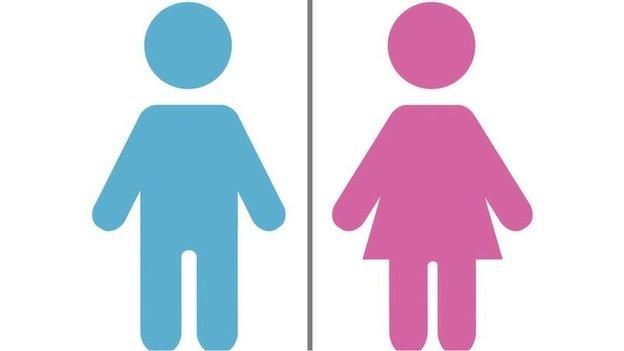Alice Litman: GPs should do more to help trans people - inquest
- Published
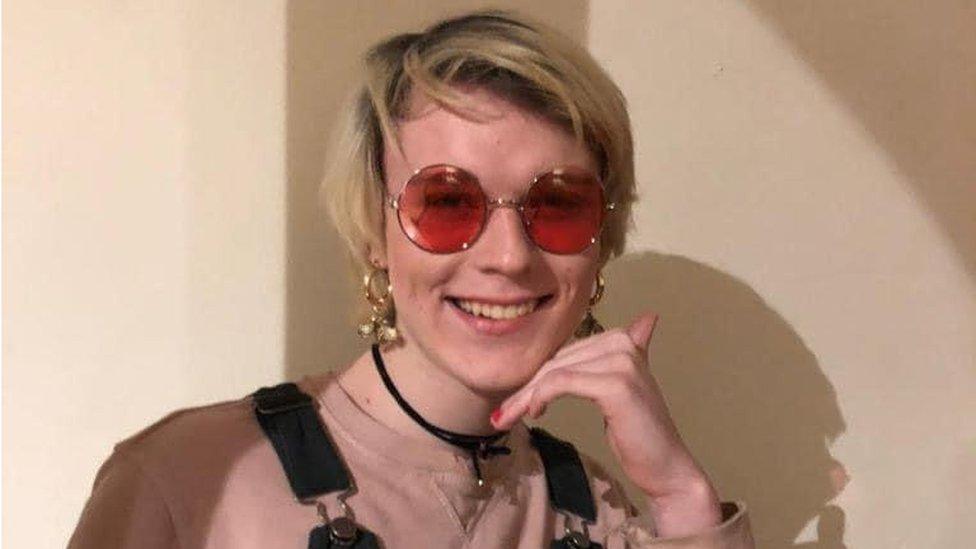
Alice Litman had waited nearly three years to discuss transitioning
GPs should be doing more to help transgender people by prescribing cross-sex hormones, an inquest has been told.
Alice Litman, from Brighton, waited almost three years for gender-affirming healthcare, her inquest in Hove heard.
She took her own life at the age of 20 while on a clinic's waiting list.
The head of the gender identity clinic said the number of trans people in the UK was at a "magnitude" greater than the service had been designed for.
Alice was referred to the NHS Gender Identity Development Service in 2019, but was still waiting for an initial assessment when she died on 22 May 2022.
She had been waiting 1,023 days for her first appointment with the Tavistock and Portman Gender Identity Clinic.
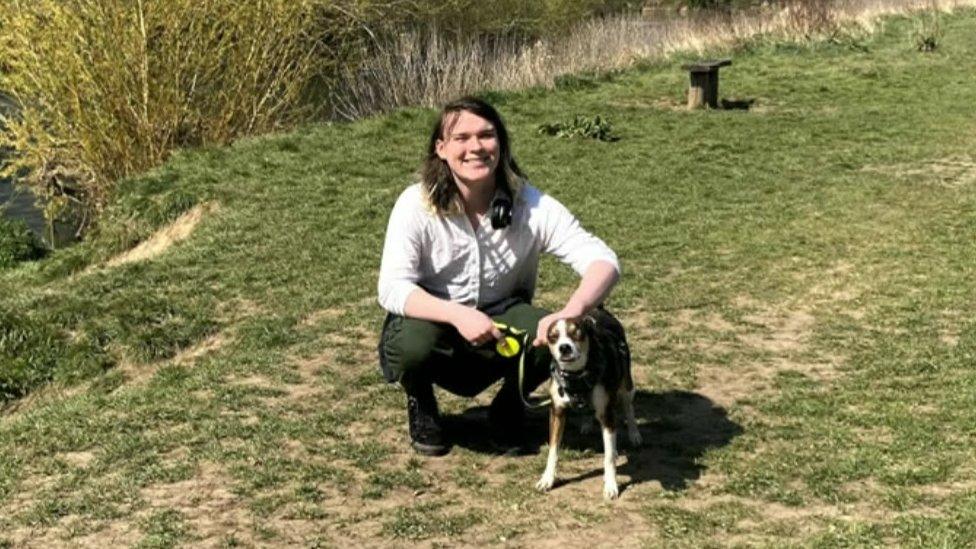
Alice's family supported her decision to live as a woman
Dr James Barrett, the lead clinician at the clinic, told the hearing the 2021 census had revealed about 1 in 200 people did not identify with the sex on their birth certificate.
This meant the size of the trans population needing gender affirming healthcare was an "order of magnitude" greater than the service had been designed for, he said.
He said they treated patients who were initially referred to them five years ago, while waiting lists at the Northamptonshire Gender Identity Clinic were six years long and rising according to the latest figures.

If you are experiencing emotional stress, help and support is available via the BBC Action Line here.

Dr Samuel Hall, a GP Partner at WellBN, the Brighton practice where Alice was a patient in her final months, told the court other practices should be prescribing cross-sex hormones while trans patients waited for their first gender identity clinic appointment.
"GPs can and should be doing this. Not least because we can get to people sooner," he said.
Alice was referred to Child and Adolescent Mental Health Services (CAMHS) in 2019, following a suicide attempt. She went on to attempt suicide again later that year.
In March 2020, after Alice had turned 18, she was discharged from mental health services altogether, the court was told on Monday.
Dr Hall told the court it was not necessarily the lack of access to hormones that caused a trans person's mental health to be poor, but "the lack of acceptance of them as a trans person in the first place".

Follow BBC South East on Facebook, external, on X, external, and on Instagram, external. Send your story ideas to southeasttoday@bbc.co.uk, external.
Related topics
- Published18 September 2023
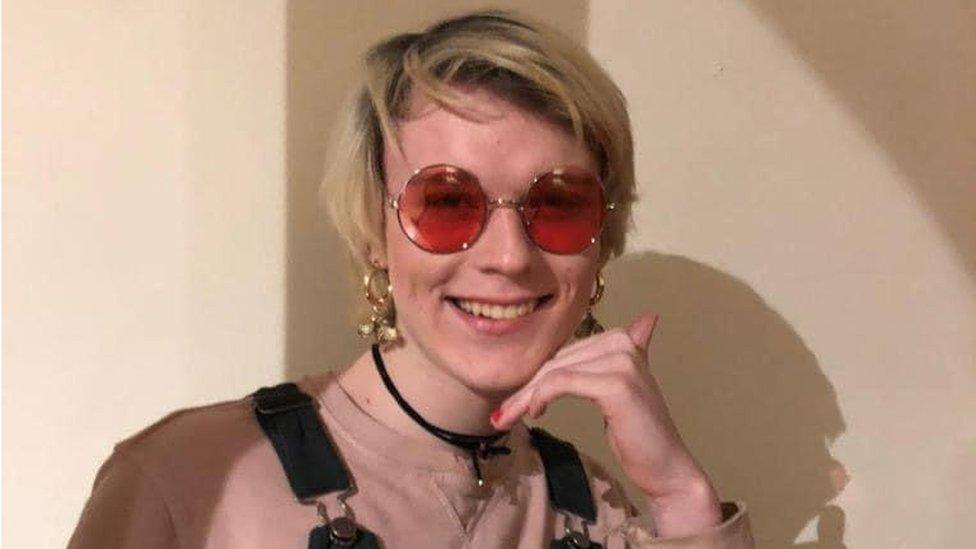
- Published2 February 2023
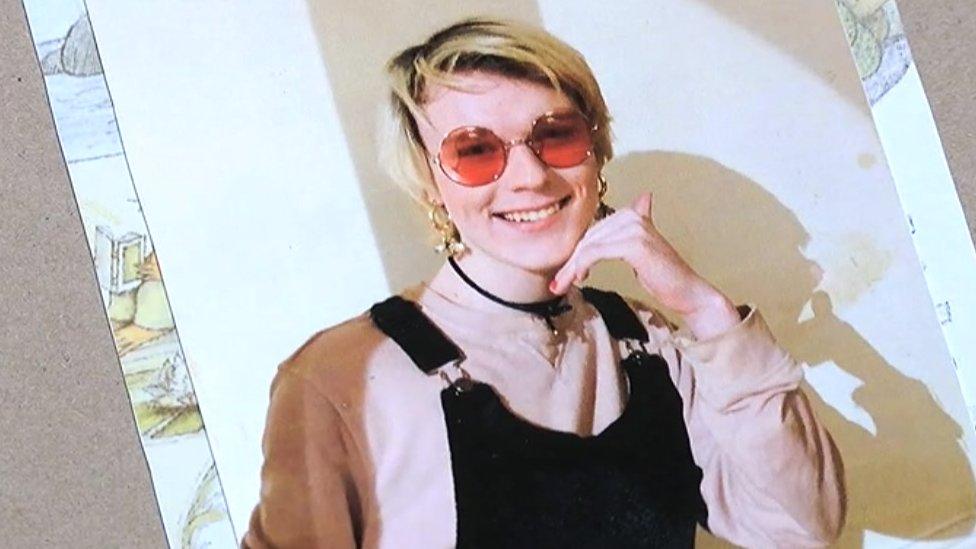
- Published18 February 2020
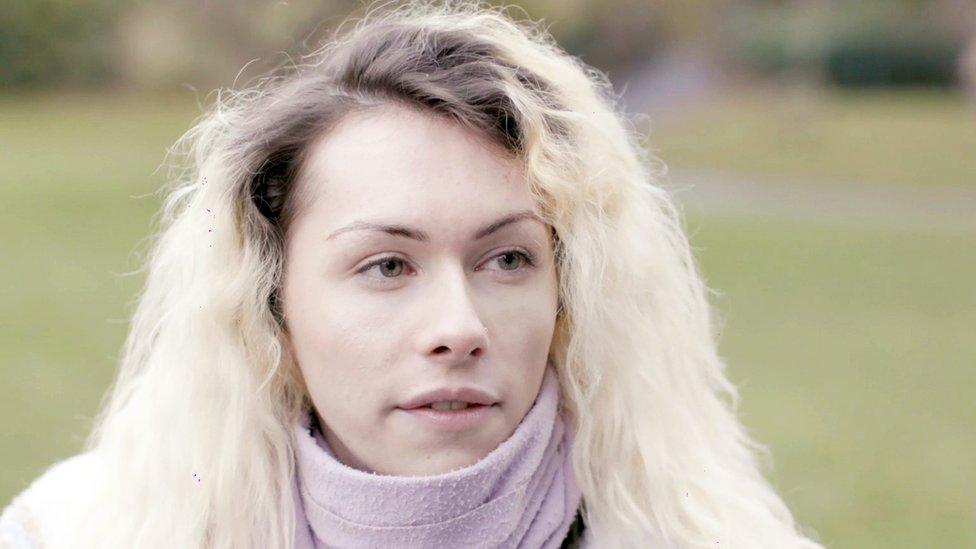
- Published20 May 2019
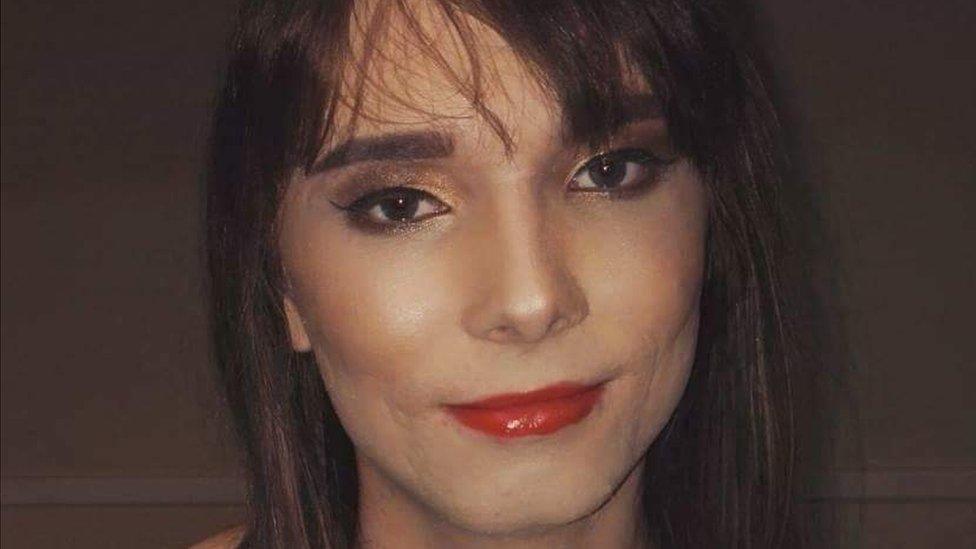
- Published21 February 2016
